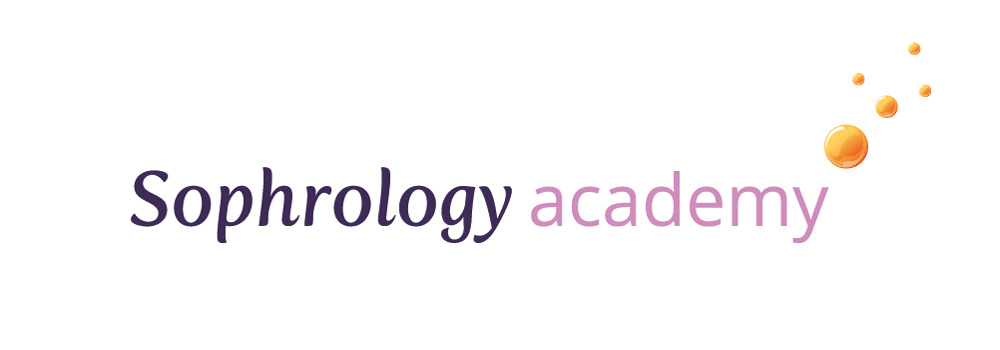As a healthcare professional or therapist, it’s important to know that the complementary health practices that we use or recommend are effective and appropriate for our clients.
Sophrology is no stranger to the rigours of scientific research, having been developed initially to become a scientific field in its own right. Over many years, its founder, Alfonso Caycedo, subjected a gamut of relaxation and mindfulness techniques to analytical (each technique in its own right) and synthetic research methods. ( how the techniques work together). Those techniques found to be most effective were then studied as a whole system with the intention of creating a new ‘science of consciousness’.
This impressive body of phenomenological research is what draws many to Sophrology; it is not only the biomedical and technological data gleaned over the last 60 years which supports its efficacy, but also a wide body of research on the lived experience of those who practice it.
Sophrology Studies across Common Complaints
Sophrology continues to grow steadily in the UK, and is in fact so widely accepted in other countries that several health programmes accept Sophrology as a standard complementary therapy – with one Swiss Health Insurer reporting a 30% decrease in medical bills with those who had taken up Sophrology training.
For health professionals and therapists, a key advantage in training in Sophrology is that this method also supports clients and patients to take control of how they feel about their circumstances – even when they can’t change them. It instils a pro-active approach, empowering those who practice it to free themselves from the psychological chains which often dictate how we live our lives. Sophrology therefore offers a valuable additional tool for building a mental resilience in difficult ongoing health situations.
- With its holistic approach to treating body and mind, sophrology can help those suffering from stress and worry through the combination of relaxation and mindfulness techniques used.
- Through its mindfulness and meditation techniques, Sophrology is an effective tool for those suffering from sleep problems, addressing stress-inducing thought patterns which can delay sleep onset and cause interrupted sleep.
- Sophrology has been shown to positively affect oxygen saturation levels in children with Asthma and acute respiratory failure.
- Those presenting with self-esteem issues can benefit from the creative visualisation exercises which displace negative thoughts – along with physical exercises which reduce tension and improve posture, assimilating confidence and self-assuredness on an everyday basis.
- The toxic triangle of emotional exhaustion, feelings of cynicism and reduced personal accomplishment found with ‘Burnout’ are ideally suited to the methods used in Sophrology such as mediation and dynamic relaxation which reconnect mind and body in a positive way.
- Use of Sophrology with oncology patients is known to reduce anxiety and pain during treatment, with breathing exercises helping patients to reduce blood pressure and displace negative thoughts.
- Used widely in France and Switzerland as a perinatal tool, studies of mothers have shown Sophrology to help reduce stress and pain before, during and after birth.
Value vs Efficacy – Sophrology as an Effective Low Cost Therapy Tool
Health professionals know all too well the impact that rising mental health issues is having on health services. Availability of drug-free alternatives vary from one NHS region to another, and efforts to save money have resulted in triage-based approaches to mental health treatment which is resulting in many patients slipping through the cracks in the system.
With that in mind, Health professionals who offer Sophrology to their clients often remark on the ‘value for money’ element of this practice; it provides life-long benefits, but is incredibly simple and quick to learn, making it an ideal tool for health professionals to add to their toolkit. Qualitative studies suggest that clients experience immediate results from the first session, gaining a sense of calm and grounding, and feeling empowered to take control of their lives and the issues which affect them.
Importantly, Sophrology is also very simple to integrate with the client’s lifestyle, which enables them to maintain their health – and even prevent issues such as stress, anxiety and burnout, thus reducing therapy waiting lists. For this reason, it is valued as a financially sustainable wellbeing tool, which can be taught to form part of the individuals own personal routine.
The future of mental health management will require a more personally proactive approach to maintaining wellbeing as budgets continue to dwindle. At the Sophrology Academy, we offer a range of certified programmes for health professionals and therapists who understand the importance of self-care and self-development for sustained wellbeing in their patients and clients.
Contact us today to find out how we can help you to help your clients…help themselves.


